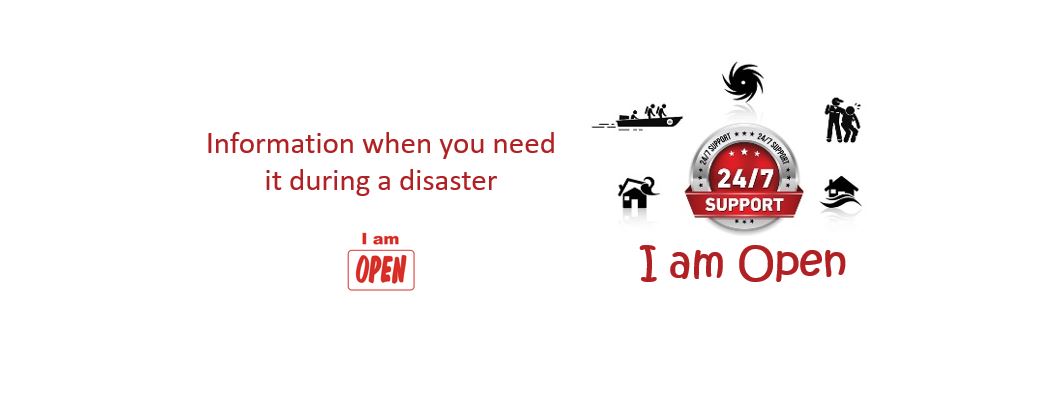Regaining focus on humanitarian disaster relief by Shane A. Callcut
-
Regaining focus on humanitarian disaster relief by Shane A. Callcut
Hurricane Helene Relief & Recovery Resources | WNC, GA, SC, TN & VA | #DAT
Sharing a compassionate and self-care thought:
Regaining focus on humanitarian disaster relief when feeling tired, overwhelmed, or upset involves grounding yourself, prioritizing self-care, and finding ways to reframe and recharge. Here are strategies to help:
1. Reconnect with Purpose: Remind yourself of the “why” behind your work. Reflect on the impact your efforts have on people’s lives and the difference they make. Reconnecting with the purpose behind your humanitarian work can help reignite your motivation and sense of duty.
2. Focus on What’s Within Your Control: Stoic principles can be helpful here; recognize what you can and cannot control in disaster relief. Focusing on your direct actions, no matter how small, helps reduce overwhelm and prevents you from feeling defeated by the larger picture.
3. Take Regular Breaks and Rest: Schedule regular breaks, even brief ones, to rest and recharge. Recovery is essential to sustaining your energy and focus in the long term. Small moments of relaxation can prevent burnout, help you think more clearly, and improve your ability to respond to others with patience and empathy.
4. Practice Mindfulness or Meditation: Center yourself through mindfulness exercises, meditation, or breathing techniques. These practices help calm your mind, reduce stress, and provide a break from the intensity of relief work. Even a few minutes of focused breathing can help clear mental clutter and reset your focus.
5. Break Tasks into Manageable Steps: Overwhelm often comes from seeing the entirety of the work that lies ahead. Break down your tasks into small, actionable steps, and tackle them one by one. Completing small, achievable goals provides a sense of progress, which can help sustain focus and motivation.
6. Talk with a Trusted Colleague or Mentor: Expressing your thoughts and feelings to a colleague or mentor can provide perspective and emotional support. Often, talking it out relieves some of the burden and helps to regain clarity on the bigger picture, as well as possible solutions.
7. Practice Self-Compassion: Allow yourself to acknowledge that it’s okay to feel tired or overwhelmed. Humanitarian work is emotionally and physically taxing, and you’re doing your best. Practicing self-compassion can help release feelings of guilt or frustration and create a more positive mindset for re-engaging in the work.
8. Celebrate Small Wins: Take time to recognize the progress you’ve made, no matter how small. Celebrating wins—like helping a family find shelter or completing a critical task—can restore a sense of accomplishment and make the larger goals feel more achievable.
9. Reframe Challenges as Learning Experiences: When setbacks or difficult emotions arise, see them as opportunities to learn and grow. Each challenge in humanitarian work offers valuable lessons in resilience, adaptability, and empathy. This perspective can help you stay focused on continuous improvement rather than feeling burdened by hardship.
10. Emphasize Team Support: Lean on your team and support others in return. Knowing that others share your commitment can be a powerful motivator and a source of strength, as you’re reminded that you’re not alone in this work. Working as a team also means being able to distribute responsibilities to prevent burnout.
By caring for yourself and shifting your mindset, you can regain focus and approach humanitarian efforts with renewed strength and clarity, even when times are tough.
Sorry, there were no replies found.
Log in to reply.

